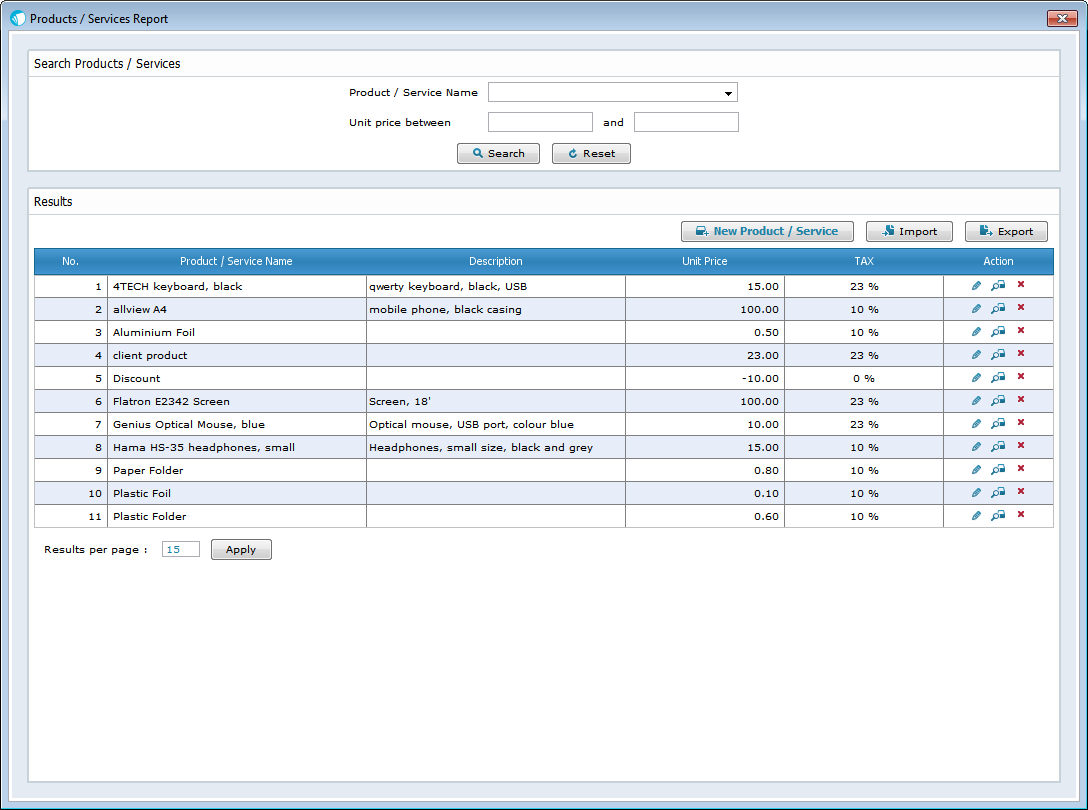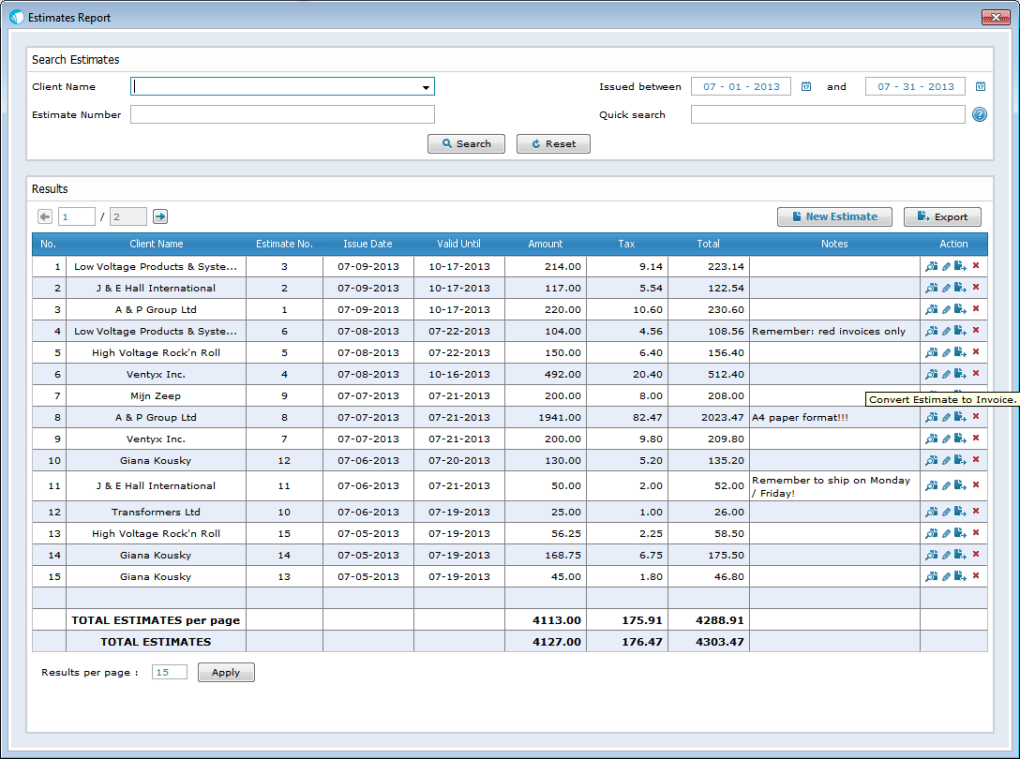
He said three out of every four of his organization’s members already offer some form of paid sick leave. “This bill is just another attempt to play ‘government gotcha’ with Main Street and will result in fewer jobs, lost jobs and more people in the unemployment line,” he said. Kabateck warned that the measure could harm the very people Gonzalez said she wants to help. Small businesses need flexibility in order to do what they do best - create jobs,” he said. “With nearly 2 million Californians still out of work and small businesses uncertain about what the future holds, mandates are never going to be the answer. John Kabateck, executive director of the California arm of the National Federation of Independent Businesses, says the price tag is too high. “We’re sending kids to school sick? What’s the cost of that? We have to look at this as a more community and societal-based program where we are all chipping in,” Gonzalez said. That ends up infecting classmates and teachers, she said. Moreover, those who are parents often send their sick child to school because they cannot afford the time off. Too many workers, such as those in restaurants, day cares for children, and homes for the elderly, are forced to come in, running the risk of spreading infections, some potentially deadly. The answer has implications far beyond paychecks, she said. Do I go to work sick and get paid or do I stay home?” Gonzalez said in an interview. Gonzalez said the measure is in response to the evolving hiring practices of cost-driven, labor-intensive businesses that tend to bring in more part-time and hourly employees with few benefits.


A share of the sick leave may be carried over into the next year, overruling some “use it or lose it” company policies.Employees covered by collective bargaining are exempt.Sick days could be used to care for an ill family member or for leave related to domestic violence or sexual assault.



 0 kommentar(er)
0 kommentar(er)
